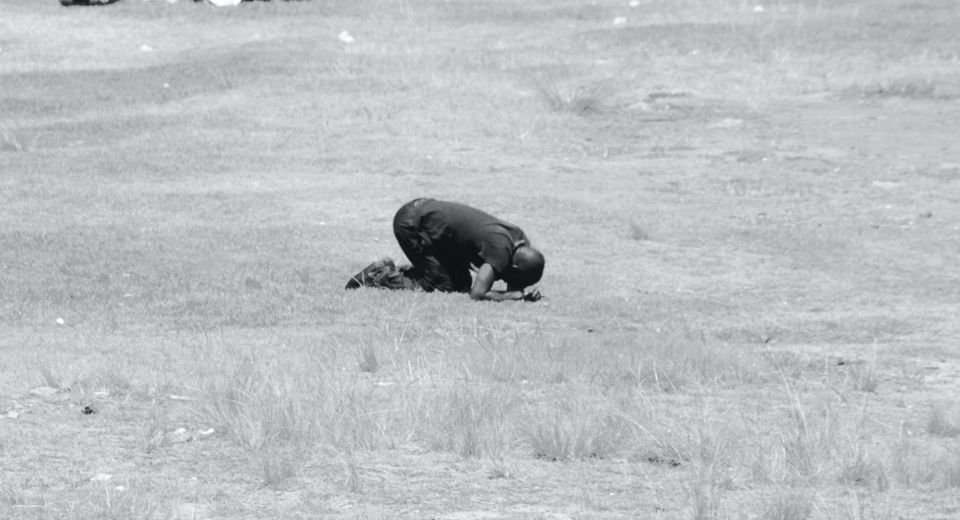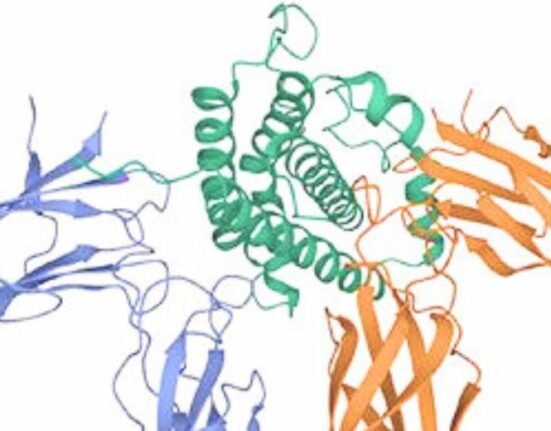HQ Team
November 15, 2022: At a time when 828 million people are facing hunger, the G20 nations receive $136 million every day in debt payments from the world’s poorest countries, according to Oxfam International calculations based on the World Bank International Debt Statistics database.
The “cost of living” crisis is more accurately a “cost of profit” crisis – of rising billionaire wealth and corporate mega-profits. The crisis is driving up poverty, hunger, indebtedness and deprivation worldwide, according to an Oxfam statement issued ahead of the two-day G20 summit that began in Bali, Indonesia, on November 15.
“If the G20 is serious about tackling this looming global economic catastrophe, they must put their own houses in order. That’s where the real cause of this crisis lies,” said Oxfam’s G20 Lead Joern Kalinski.
“In reality, we face a ‘cost of profit’ crisis. The rich are getting richer, while ordinary families and the poorest countries are being squeezed dry.”
Since the start of the Covid-19 pandemic, developing countries have had to shell out $113 billion to their wealthy G20 country creditors when four times more people died of Covid in poorer nations than in rich ones.
The G20 is home now to 89% of all the billionaire wealth in the world – at around $10 trillion. The wealth has grown by $1.88 trillion, creating 287 pandemic billionaires since 2020.
The G20, or Group of Twenty, is an intergovernmental forum comprising 19 countries and the European Union. It addresses major global economic issues, such as international financial stability, climate change mitigation, and sustainable development.
The G20 members represent almost 90% of global GDP, 2.80% of international global trade, two-thirds of the world’s population and 84% of all fossil fuel emissions.
Debt payment
In 2021, on average, emerging countries were forced to spend 27.5% of their budgets on debt repayment – four times more than on health and 12 times more than on social protection.
The public climate finance they are getting from rich nations, including many in the G20, are 71% loans.
The G20’s most prominent corporations are making record profits.
BP made 7.1 billion pounds, their biggest profits in 14 years, and BNP Paribas 2.76 pounds in the past three months.
Nine of the biggest fossil fuel companies are headquartered in G20 countries. The US corporations have seen their most enormous profit margins since 1950 and have been accused of ‘greedflation’ driving higher inflation through price hikes.
The G20 is home now to 89% of all the billionaire wealth in the world – at around $10 trillion. Their wealth has grown by $1.88 trillion, creating 287 newly-minted pandemic billionaires since 2020.
Energy and food billionaires are getting richer by half a billion dollars a day.
“Oxfam urges the G20 to acknowledge the consequences that this inequality is visiting on ordinary citizens the world over in the form of mass hunger, death and worsening poverty,” according to the statement.
One death every 36 seconds
In Somalia, Ethiopia, and Kenya, historical levels of drought mean that one person will likely die of hunger every 36 seconds between now and the end of the year as the worst-hit areas move towards famine.
Women and girls, who are often the leading food producers, primary caregivers, and stewards of household nutrition, are at higher risk of hunger.
The Ukraine war is an additional layer to existing problems, Oxfam stated.
While 828 million people face hunger, the world’s leading food traders made record profits and food, and agribusiness billionaires increased their collective wealth by $382 billion or 45% over the past two years.
The United Nations has appealed for $17.1 billion in humanitarian food security assistance for 2022, but so far, donors have only given $7 billion.
According to the World Bank, global progress in fighting poverty has halted, with poverty, increasing during Covid-19 for the first time in decades. Inequality has grown too, with the poorest seeing their incomes fall twice as much as the richest.
“Austerity is the exact wrong reaction – a textbook blunder – that is ripping away social safety nets and beating people down into poverty,” Kalinski said.
Cut in health spent
Recent Oxfam research on inequality shows that despite the worst health crisis in a century, half of all developing countries have cut their share of health spending.
Almost half of all countries cut their budget share going to social protection, 70% cut their share going to education, and two-thirds failed to raise their minimum wage in line with economic growth. Over the next five years, three-quarters of all countries globally are planning further cuts totalling $7.8 trillion.
Of the 161 countries, Oxfam surveyed, 143 have frozen tax rates on their wealthiest citizens, and 11 countries even lowered them. Corporate tax dodging continues on an industrial scale, with an estimated one trillion dollars of corporate profits shifted to tax havens in 2019.
The G20, to end the hunger crisis, must urgently mobilise financial resources into humanitarian emergencies and address the root causes of hunger crises, including climate change, conflict, poverty and inequality, human rights violations and food price inflation.
These nations must ensure that all countries’ blockades, economic sanctions and military activities do not hinder the free, safe and reliable transport of food and agricultural supplies, especially in conflict-affected areas.








